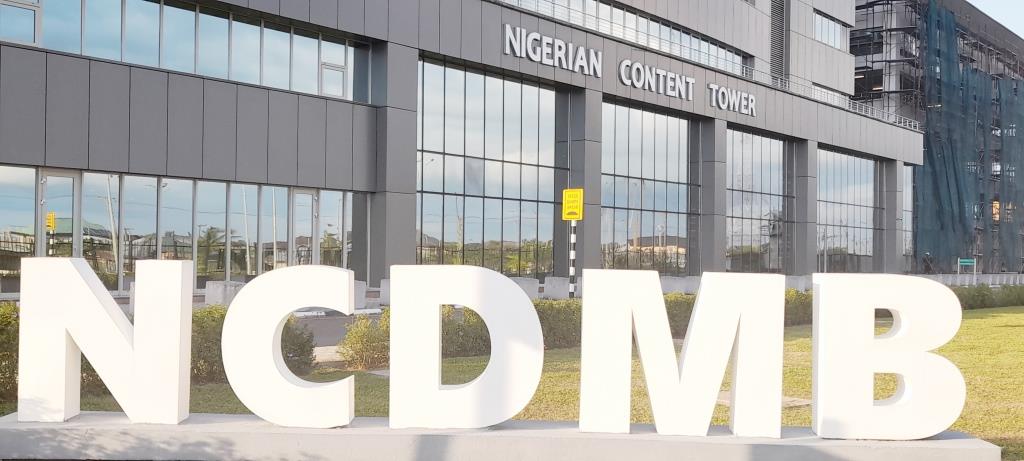Indigenous oil and gas companies must instill principles of corporate governance in their operations if they are to grow and achieve sustainability, the Executive Secretary of the Nigerian Content Development and Monitoring Board (NCDMB), Engr. Simbi Kesiye Wabote has said.
Speaking virtually weekend at the ceremony marking the rebranding of the Niger Delta Exploration and Production (NDEP) into Aradel Holdings, the Executive Secretary rued that many local oil and gas companies have died because they do not adhere to corporate governance principles.
He lauded the management of Aradel Holdings for setting high standards of corporate governance, stating that “one of the incredible things the Chairman, Chief Ladi Jadesimi; the former Managing Director, Dr. Layi Fatona and their team have done is instilling the spirit of corporate government. That is why the company is succeeding The owners of the business are not contractors; they do not engage contractors and they do not engage in round tripping. That has led to their success.”
Wabote described Aradel Holdings as a good example, noting that they have made significant returns to their joint venture partners. “They are one of the local companies that NNPC Limited is proud to associate with. NCDMD is also proud of their success and we will continue to support them,” he assured
The NCDMB boss charged indigenous producers to emulate Aradel Holdings and to take corporate governance seriously, recommending that owners of businesses should detach themselves from the daily operations of their organizations.
Dwelling on local content development, Wabote challenged Aradel Holdings to champion the development of local content, stressing that the implementation of the Nigerian Content initiative and the Nigerian Oil and Gas Industry Content Development (NOGICD) Act enabled indigenous producers to exist and thrive. He insisted that it is the responsibility of Aradel Holdings and other local producers to support local content, protect and enhance it, with a view to creating jobs, growing technology, and developing the nation’s natural resources.
He remarked that the percentage of unemployed Nigerians was about over 30%, warning that it would be a grave mistake if the oil industry were to de-emphasise local manufacturing and local production. He also challenged Aradel Holdings to play an active role in the acquisition of assets being divested by some international operating oil companies.
Earlier in his speech, the chairman of Aradel Holdings, Chief Ladi Jadesimi traced the history of the firm, noting that it had operated in the past three decades and pioneered several initiatives, including marginal field operations, one of which is the Okpele Field, which it has grown the daily production from about 1,000 barrels of crude oil per day to 13,000 barrels. The company is also a fully integrated oil and gas company, and also pioneered modular refinery initiatives with the first train of 1,000 barrels per day, which has since expanded to 11,000 barrels per day.
In his comments, the Managing Director of Aradel Holdings, Mr. Adegbite Falade described the new name as an acronym of the founding Chairman, late Chief Aret Adams, and the firm’s original name and area of operations, which is the Niger Delta region. The new name also signified the company’s resilience and preparedness to meet the challenges of energy transition and security as well as become the leading energy company in the country, he added.
Falade also announced that the company’s modular refinery will soon begin to refine premium motor spirit, alongside other major projects the firm plans to embark on.









